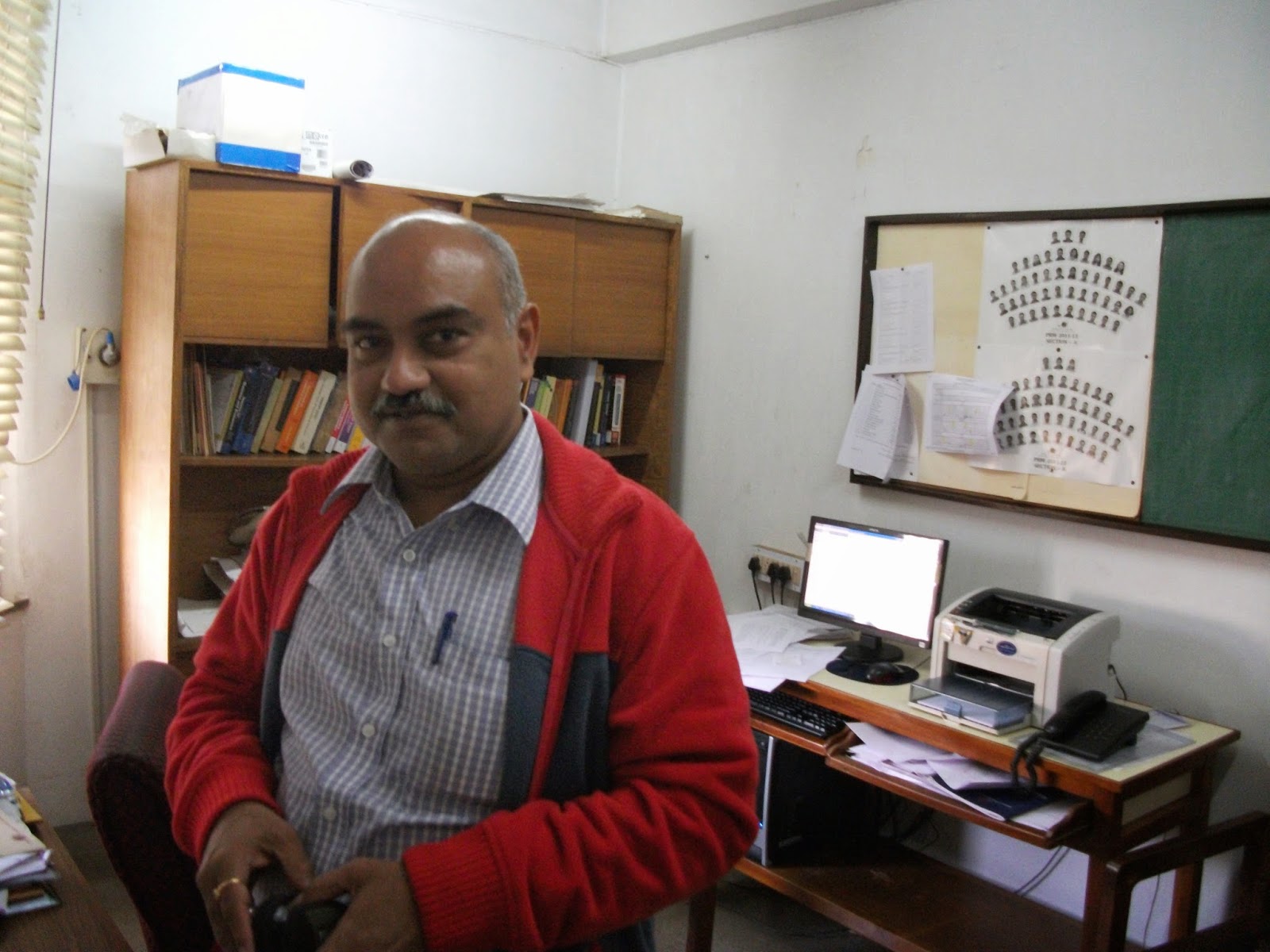Swatting a swarm of
mosquitoes I made my way into the kitchen, cursing under my breath.
Irrespective of climatic conditions, mosquitoes have a way of getting to me-
literally. A memory kicked in just as soon
I began applying turmeric paste and lime to the reddening welts on my arms and
legs which had fallen victim to the dipterous attack.
A cousin studying medicine at a college in
Kolkata – known as Calcutta back in those hoary times – shared a room in the hostel
with one Debuda, his senior. Debuda was known for his idiosyncrasies
including drying his clothes over a skipping rope, drinking water out of a
desiccated coconut skull and roller-blading through Kolkata’s sludgy traffic. But
few instances to beat the one in which Debuda
returned from a holiday with a mosquito net one summer. And I am going to tell it like my cousin did.
“But Debuda!” squeaked one of his juniors, an
earnest first-year medico, “how on earth are going to sleep in that?” Everybody looked to where he was
pointing. A hole, about the size of a contact lens, was gawping from the
carefully ironed mosquito net. Another
aspiring doc, a well-meaning roomy known for his meticulousness, handed over a
threaded needle sans delay. The invitation to seam the vacuity was turned down
just as promptly. “Too tired,” said Debuda,
tucking in the net with hole intact.
A late riser Debuda was the first to spring from his bed.
The rest, long accustomed to his snoring, woke up to his swearing.
“Those bloody
blood-suckers!” the swearing too was a matter of habit, “didn’t let me sleep
all night. Well, I’ll get even.” So saying Debuda rolled over in a bid to catch up with much-needed sleep, missing
his classes in the bargain.
Come evening and the mosquitoes
began humming their irritating ditty, forming pyramadic clouds on human heads.
Debuda was fingering the mosquito net
so lovingly packed by his mother, perfect in its creases and folds and
practically seamless save for that innocuous-looking gap near the summit.
Instead of stitching
the hole, however, Debuda was
punching another one alongside. All heads in the room turned to the sound of
rustling paper.
“And what exactly are
you doing?”
Rolling up a newspaper
like a tunnel Debuda concentratedly
joined the two holes on the net.
Then he looked up and
grinned:
“What am I doing?
Teaching the mosquitoes a lesson, of course!”

